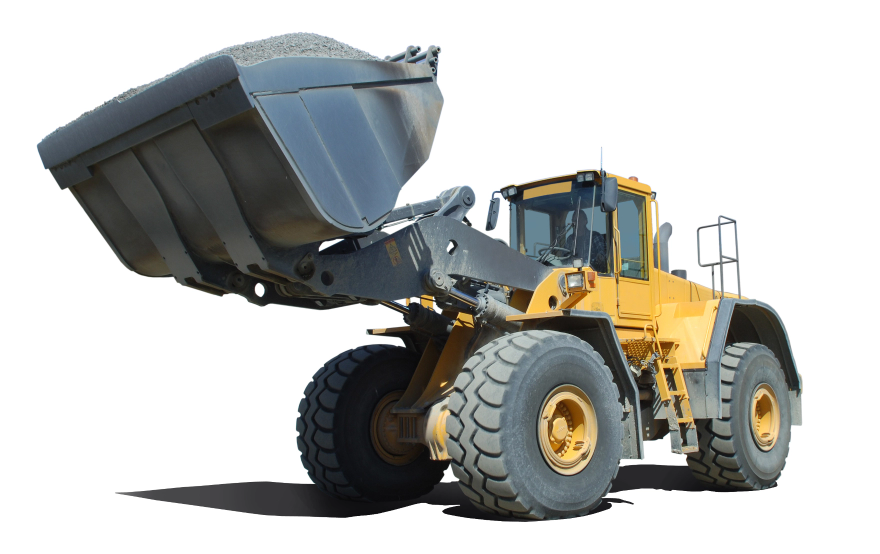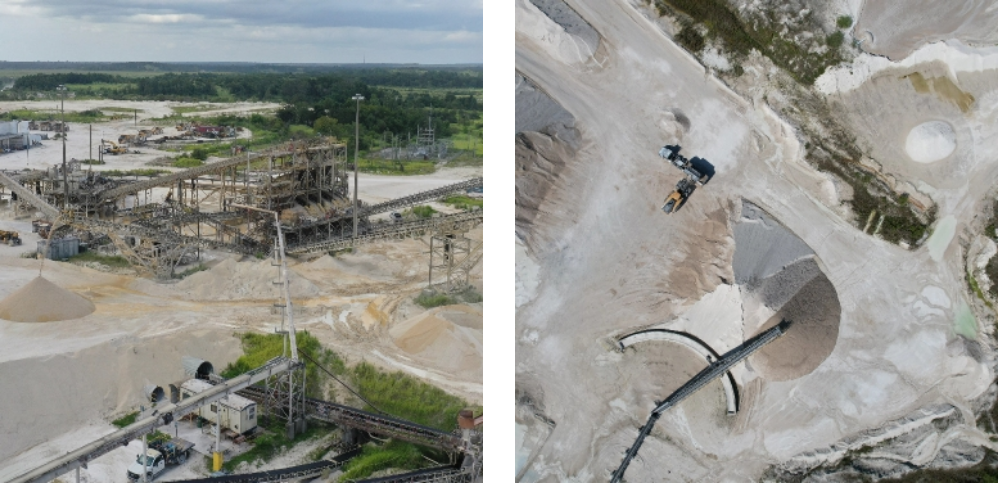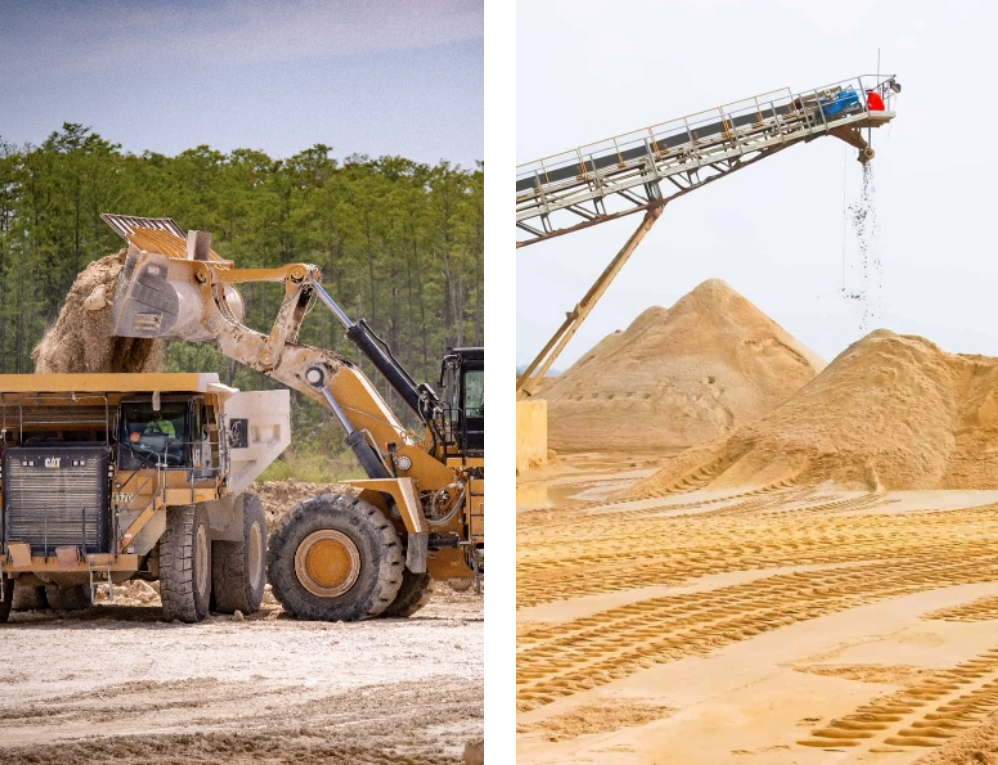
Lime rock and sand are essential natural resources for Florida, supporting everything from infrastructure development to environmental management. They are critically important to the construction industry, Lime rock is a key ingredient in the production of concrete and asphalt, which are essential for constructing roads, highways, bridges, and buildings. It is commonly used in water treatment and filtration systems due to its ability to neutralize acidic water, which is important in areas with high water tables like Florida. Lime rock is also used to improve soil pH in agricultural areas, which is vital for Florida’s large farming industry. Lime helps maintain soil health for crops such as citrus and sugarcane.


Florida’s natural limestone formations create karst topography, characterized by sinkholes and springs. These formations are vital for the protection and replenishment of the state’s freshwater aquifers, particularly the Floridan Aquifer, which provides drinking water to millions. And finally, as an industry, the extraction and processing of lime rock provides jobs and contributes to the state’s tax revenue.
As important as it is to Florida and its residents, the mining industry faces several challenges. The industry is subject to pressures from environmental concerns, regulatory changes, and urban expansion.


Many lime rock deposits in Florida are located near or within sensitive environmental areas, such as wetlands. As Florida has a large water table, regulatory scrutiny over mining operations to protect natural water resources is high- and rightly so. But increased regulations from agencies such as the Florida Department of Environmental Protection (FDEP) can slow down or limit mining activities.

As Florida’s population grows, particularly in urban centers like Miami and Orlando, there is increased demand for residential and commercial land. This puts pressure on land used for mining, as developers and conservationists vie for space. Limestone mining is often located near growing urban areas, which can lead to conflicts over land use.

Local zoning laws and legal challenges to mining permits have become more frequent as Florida grows. These challenges can delay or prevent the opening of new quarries or restrict existing operations. Obtaining and maintaining the necessary environmental permits for mining is becoming increasingly complex. Compliance with federal, state, and local environmental regulations can be costly, and time-consuming for operators.

To address environmental concerns, the industry has started adopting more sustainable practices. This includes reducing water use, rehabilitating mined land, and investing in technologies to minimize environmental impact. FLAI’s Role in all of this is, and will be, to address these challenges proactively by engaging with regulators and communities and implementing practices that mitigate environmental concerns and represent the best interests of the industry as well as the citizens of Florida.
Looking to stay up to date. Subscribe to our newsletter here!